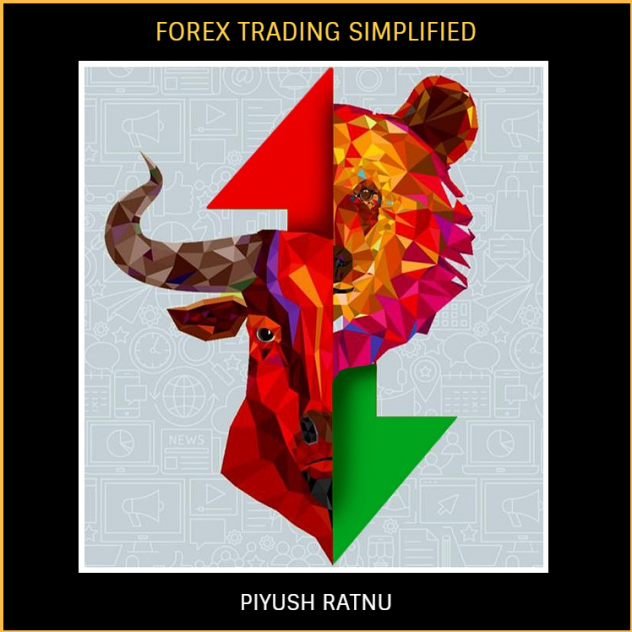Forex trading psychology is a big thing. Often, it is the psychology, not a lack of academic knowledge or skill in application, that is considered to be the primary originator of trading mistakes.
Mistakes are constantly repeated by financial traders of various national, cultural and social backgrounds, which suggests that it is the common traits shared among us as humans that lie in the base of those mistakes. That common trait is fear, which creates the fight or flight response in humans. Unfortunately, it is this fight or flight response which can cause the downfall of many traders.
 We cannot change what we have evolved to feel over millions of years, but we can change how we approach these feelings by studying the psychology of successful Forex Traders and applying the findings. Today, we will look at how we should behave and respond to trading situations from the correct Forex trading psychology point of view. Fear can have a significantly limiting effect on trading behavior. Naturally, your mind will want to find the safest option to ensure survival. In terms of trading, this means that if a trade looks like it is going to lose profit, your natural instinct would be to pull out of the trade so you don’t incur further losses. However, this can take you away from a carefully planned trading strategy. Even worse, it could cause you to make rash decisions with the hope of turning that losing trade around, causing you to lose much more money than you would of if you had just left it to play out.
We cannot change what we have evolved to feel over millions of years, but we can change how we approach these feelings by studying the psychology of successful Forex Traders and applying the findings. Today, we will look at how we should behave and respond to trading situations from the correct Forex trading psychology point of view. Fear can have a significantly limiting effect on trading behavior. Naturally, your mind will want to find the safest option to ensure survival. In terms of trading, this means that if a trade looks like it is going to lose profit, your natural instinct would be to pull out of the trade so you don’t incur further losses. However, this can take you away from a carefully planned trading strategy. Even worse, it could cause you to make rash decisions with the hope of turning that losing trade around, causing you to lose much more money than you would of if you had just left it to play out.
Instead of focusing on the long term plan, your mind wants to focus on making the best out of this short term losing position. Understanding the role of psychology in Forex trading will help alleviate fear from your decision making process. Becoming aware of fear on the spot will empower you, both as a trader and as an individual. It will also allow you to re-establish the control of logic and reason, which is your ultimate goal.
Enemy mine
It’s easy for traders to feel confident in their ability to stay calm and collected during their trading sessions before the market opens. However, once the clock starts it’s a different story. When faced with real, financial decisions
it’s very easy for emotions to come into play. We can’t avoid our emotions, but we can work around them.
Traders cannot afford to give in to feelings of excitement, fear or greed when trading, as it can cause costly and irreversible mistakes.
 Evaluate yourself psychologically by identifying if you are exposed to one of the following psychological biases of Forex trading:
Evaluate yourself psychologically by identifying if you are exposed to one of the following psychological biases of Forex trading:
- Overconfidence bias – ‘The market will go here’
- Anchoring bias – ‘This probably means that’
- Confirmation bias – ‘This also proves that I am right’
- Loss bias – ‘I hope the price will come back’
Notice how they overlap, because no matter how you look at it each of these biases boil down to fear.
